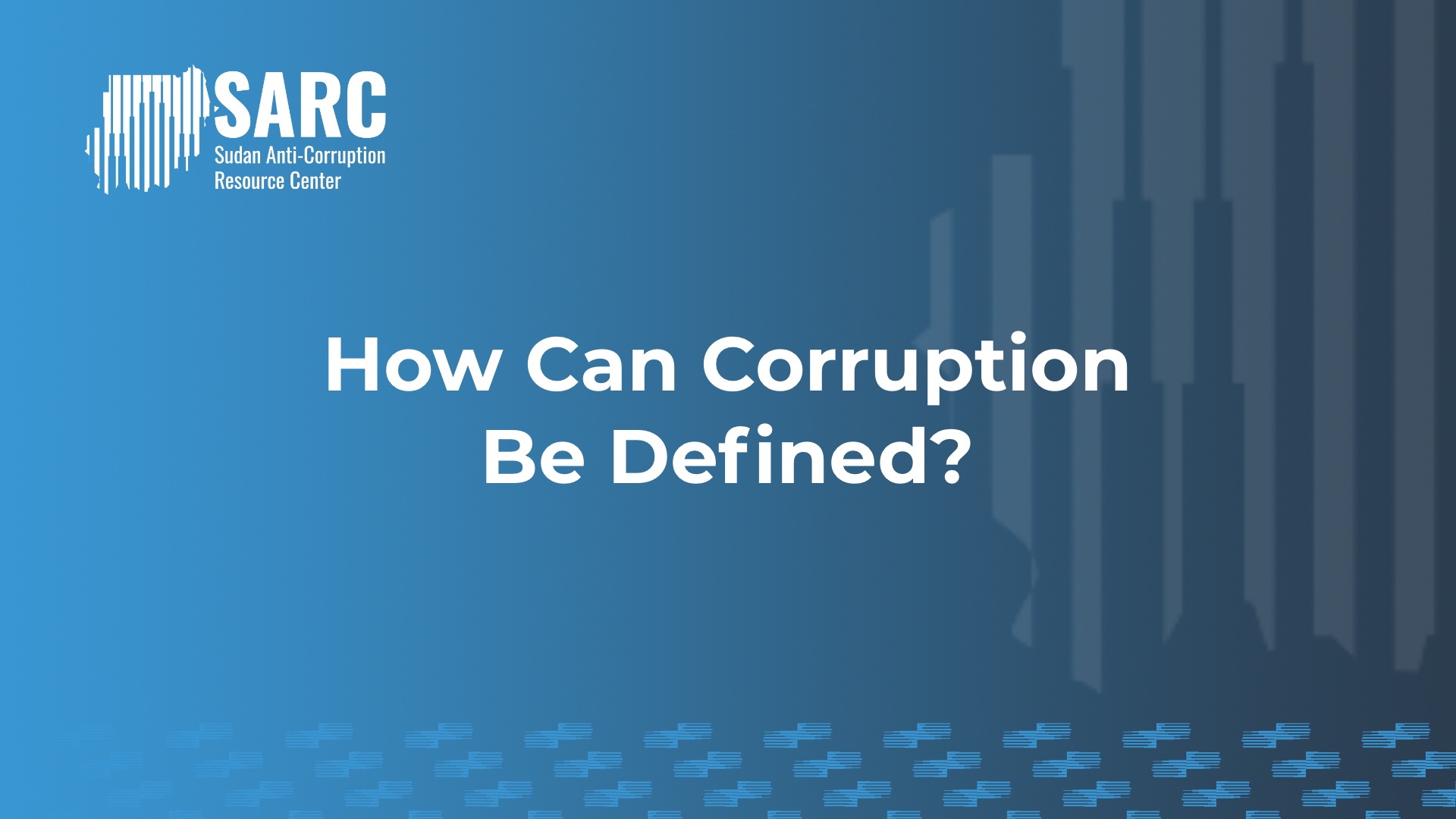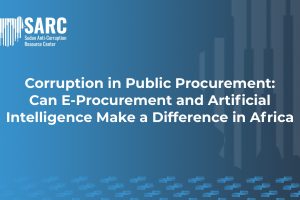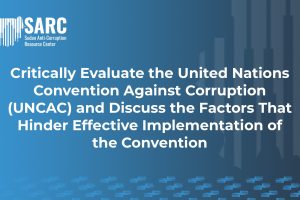
How Can Corruption Be Defined ?
The word “corruption” in English was derived from the Latin word “corrumpere”. This means “destroy” and “bribe”. Possibly the first time the word corruption used was in the “Dictionary of the English Language, 1756” by Samuel Johnson where it was defined as “Wickedness; perversion of principles; loss of integrity”. Although corruption was defined differently by scholars and international organizations but each definition lacks in some details and though corruption is difficult to define but it’s not difficult to be recognized. There is no global agreement on the definition of corruption. Bribe which is the most common type of corruption can be acceptable in some countries while they are intolerable in others. In the below paragraphs we’ll define corruption from different points of views. Transparency International, the leading organization in fighting corruption defines corruption as “the abuse of entrusted power for private gain”. The world bank and others define corruption as “the abuse of public office for private gain”. Though the World Bank definition mentions public power, but corruption can exist also in private sector. This can be observed in international companies and large ventures. Scholar defines corruption as using public office for personal gain, particularly, using the official position for individual benefits or pursuing individual benefits through misusing or misdirecting resources of an organization. Other scholar defines corruption as negligence of a standard duty, or the deliberate mis performance, or unjustified¬ power removal with the intention of gaining personal advantage.
Bribery is the most common shape of corruption, yet corruption can be used through favoritism and stealing of assets . Corruption has different ways and meanings, this includes theft, bribery, fraud, coercion, favoritism and misuse of power. Corruption can be practiced through power abuse or discrimination. Some of corruption activities can be carried individually by officials like theft and fraud while other activities like coercion and bribery require second party involvement. The understanding of corruption varies from one researcher to another. Some activities which are described as “corrupted activities” by one researcher, may looked at as “governance inequality” by another researcher. Corruption case can be explained when a public official abuses the official standards for personal benefits or the benefit of a third party which subsequently harms the public interest. Although corruption is normally committed by individuals, but it can sometimes be institutionalized; this is shown when there is a systematic influence ‘which sometimes looks ethical’ that weakens organizations effectiveness and hinders their capabilities to achieve their goals. The power of public office can be used also when companies or individuals offers bribes to go around legislation and public policies for the preference of companies or individuals.
Read the full article How Can Corruption Be Defined



